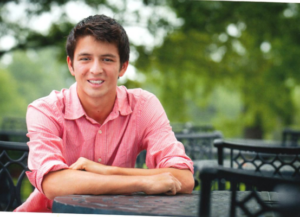Henry Head ’13

I started at Lotspeich, and what stands out most are the projects and teachers who were connected to experiential memories. For Colonial Day in fifth grade, I remember we went to Lotspeich art teacher Mrs. Knoop’s farm, and she sheared a sheep right in front of us. Then we took that wool, threaded it into yarn and went back to school and dyed it.
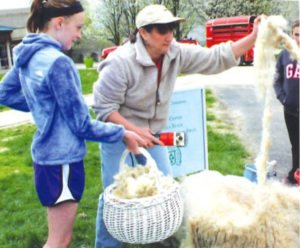
Another thing that I’m pretty sure didn’t happen at a lot of schools was, as an elementary schooler, I took care of chinchillas in Mrs. Knabe’s science lab. I would come in before school started to feed them and change their wood chips. In a wonderful way, it kind of felt like a mad scientist’s laboratory. During class, we’d be learning and the birds would be in the corner chirping and the chinchillas would be running around. When we learned about animal biology or ecosystems from Mrs. Knabe, we could look around and see examples right there — that was a really fun experience as a kid.

I also had a lot of great teachers after Lotspeich — Ms. Ramsay in Middle School, and Ms. Driehaus in Upper School, who really helped me to discover the inherent joy in learning. Tim Drew was my high school psychology teacher and tennis coach, and he was a huge factor in my development as a person. He was also just such a character. I love that Tim would teach every student who took physics or psychology with him how to change a tire, because it was a life skill he thought everyone should have.
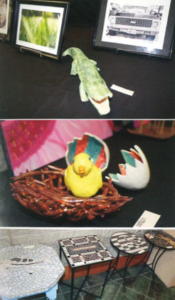
I liked how all the students were involved in so many things. In a small school, that’s the only way you can field a sports team and put on a play and have a science club and a chess club and a vintage gaming club. We would all support each other’s extracurricular activities. Everyone came to our soccer games and cheered us on, and we would then go to the basketball games and cheer them on, and we’d all go to the blackbox theater to see the play or attend Coffee House to see the artwork students had been working on. There was communal support for every discipline — both institutional support and support from your classmates. It never felt like one of those extracurriculars rose above any other in terms of importance.
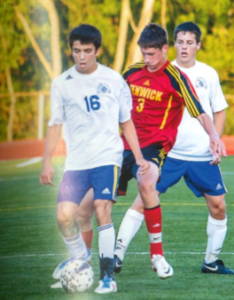
I saw Seven Hills as being like a little liberal arts college before you ever got to college. I got to dive deeply into a bunch of different interests — soccer and tennis, student government, science olympiad. It was helpful because by the time you get to college, when you’re starting to make decisions about where you want to focus, Seven Hills has already given you that breadth. I knew I wanted to focus more granularly on the subjects that really interested me, all of which I had been introduced to at Seven Hills.

When I was in sixth grade, I had a cousin or sibling in every grade above me all the way through 12th grade and two younger cousins in the two grades below me. That was the most amazing experience. There was never a time when I didn’t feel like there was someone I could go talk to if I was having a problem or wanted to ask their advice. I think the incredible thing about Seven Hills is that even those who didn’t have nine family members at the school at the same time, like I did, still felt that there were a lot of really strong support systems.
My grandmother — we call her Lou Lou — and I talk about Seven Hills, though of course we went there at such different times. When I was at the school, it was hard to see the big picture of what it means to be part of a four-generation family at a small school. But now, I feel like I appreciate that I got to experience Seven Hills because of the care and commitment of people like my great-grandmother and grandmother. That’s how a school keeps going.
